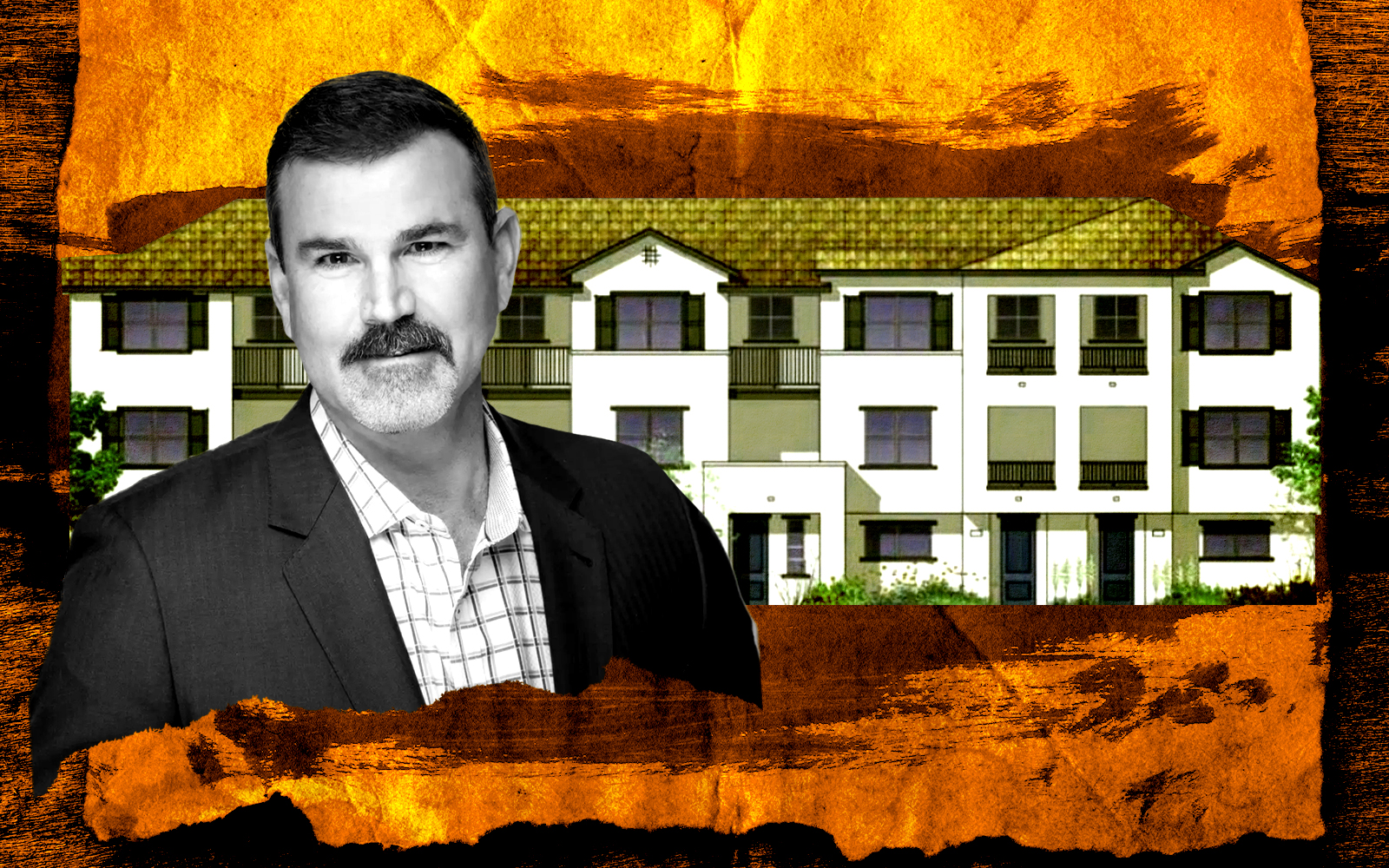Locally-based Peninsula Land & Capital has filed a builder’s remedy application in Palo Alto for a 65-foot tall residential building, according to city documents.
The project is at 300 Lambert Street and will total around 118,760 square feet, with 79,160 square feet for housing and 39,600 square feet for a two-level basement garage. Plans call for 45 condominium units, with nine of them being affordable, which will satisfy the affordability requirement for builder’s remedy projects.
Builder’s remedy, an untested provision of the three-decades old Housing Accountability Act, has emerged in recent months as a new strategy for developers. The provision allows developers automatic approval of their projects in cities that don’t have a housing plan, formally called a housing element, with the state. To qualify, a builder’s remedy project must designate 20 percent of its units for affordable housing or 100 percent for moderate income housing.
At 300 Lambert Street, plans call for the merger of two parcels at 280 and 300 Lambert that total 0.61 acres.
Palo Alto acknowledged that it is subject to builder’s remedy.
“Until the city has adopted a new Housing Element compliant with state law, it cannot deny certain qualifying housing projects regardless of their non-compliance with zoning standards or the comprehensive plan,” the city said in a statement.
The city also clarified that the project still has to “comply with California Environmental Quality Act (CEQA) and go through the city’s review processes.”
Palo Alto’s admission of builder’s remedy goes against other Bay Area cities’ contention that these projects are not valid in their jurisdictions.
For example, Sonoma, a city in the Wine Country, deemed DeNova Homes’ application for 64 homes invalid and claims the city does not need state certification for its housing element.
“The City of Sonoma approved its 6th Cycle Housing Element as required by the State on Jan. 31 and is prepared to maintain that its housing element is substantially compliant, and that California Department of Housing and Community Development certification is not required for a housing element to be found substantially compliant with state law,” Sarah Tracy, the city’s public information officer, said.
Earlier this month, Los Altos Hills declined to process an application for two identical 44-unit buildings on the south side of the town. Los Altos also claimed to adopt its housing element without state approval.
Read more


